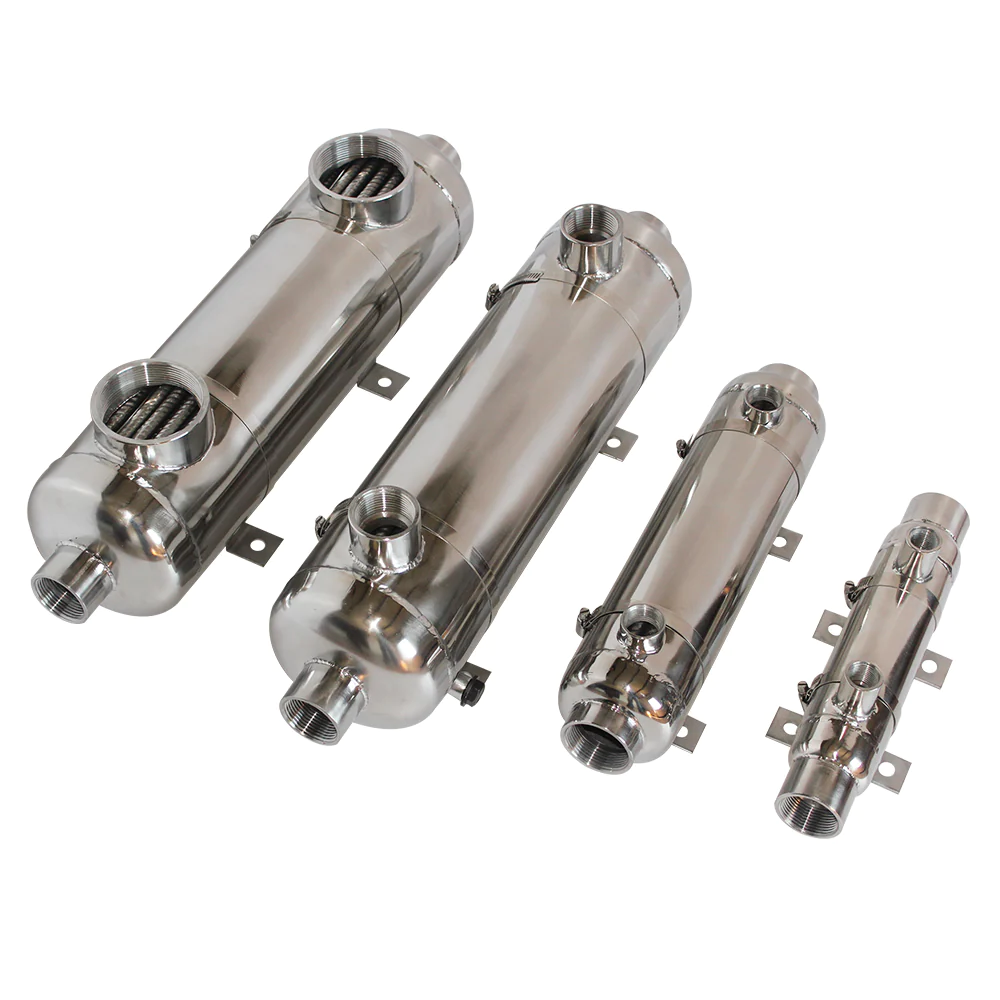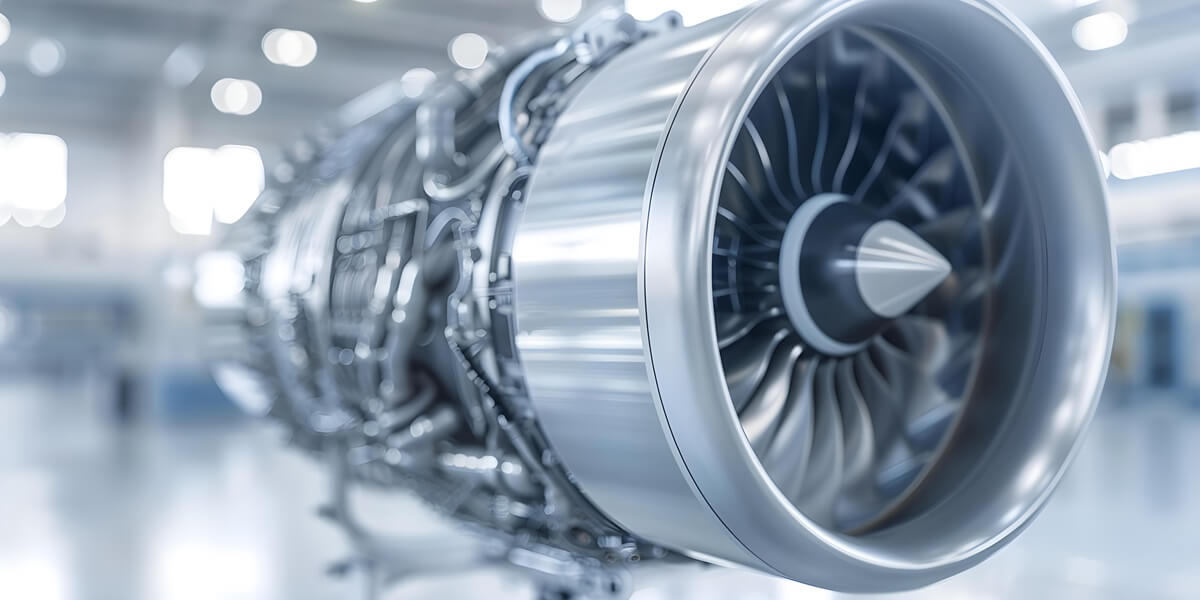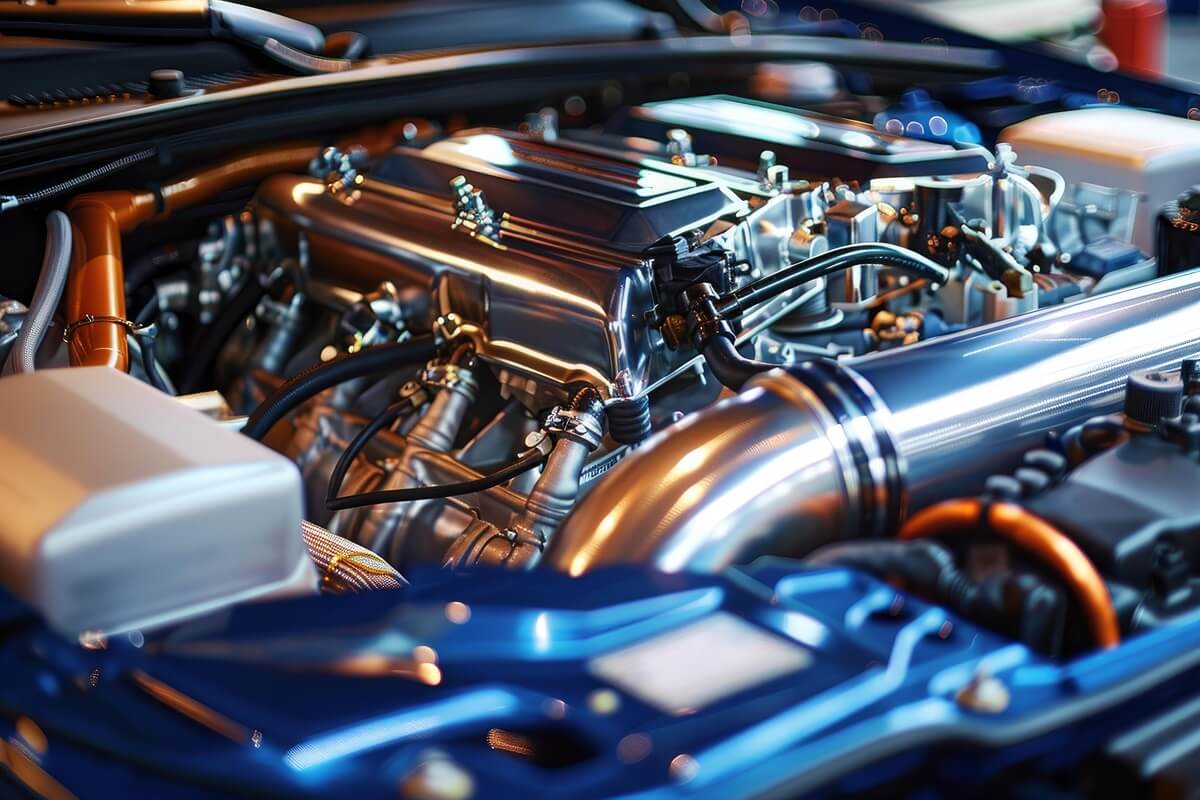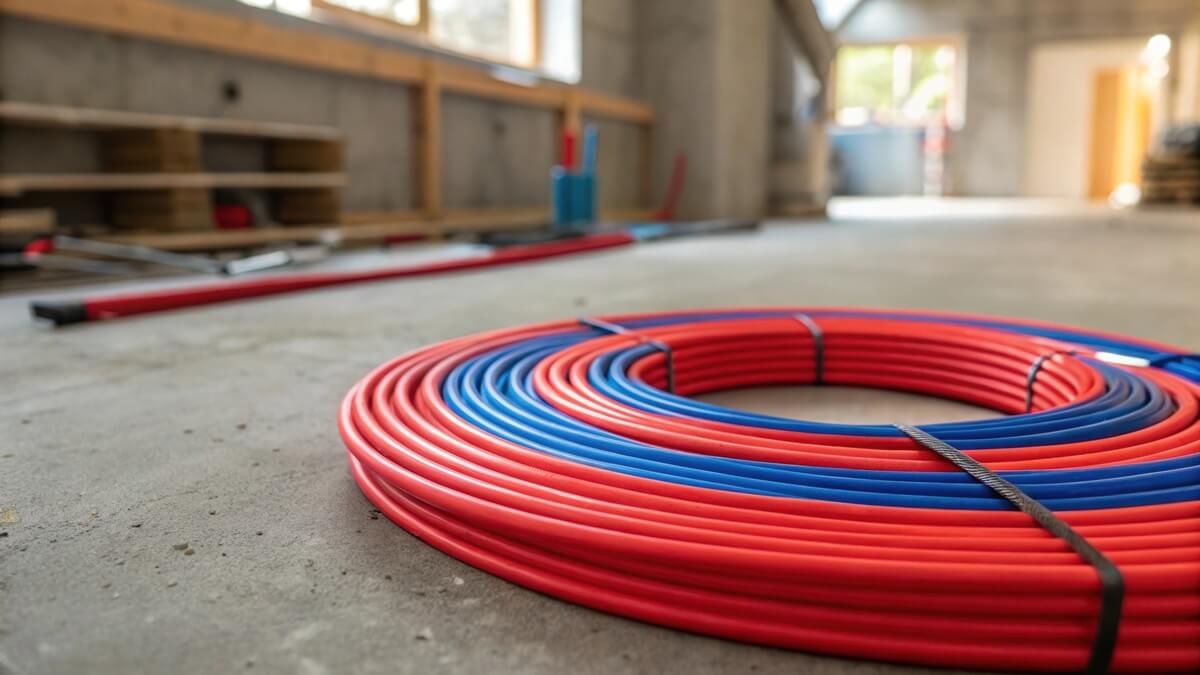Understanding the intricacies of oil coolers and intercoolers is paramount in high-performance engines and optimized cooling solutions. Let's delve into the offerings from Alfa Heating company and uncover what makes them so effective.
What Exactly is a Water to Air Intercooler?
The water to air intercooler is a prime example of innovation in cooling technology. At its core, this device serves to mitigate the heat generated during air compression. This heat can quickly escalate temperatures, leading to diminished oxygen concentration in the air. Why does this matter? Well, the colder the air, the denser and richer in oxygen it becomes. This enhanced oxygen level empowers engines to burn fuel more efficiently.
Water Intercooler Vs. Traditional Methods
Traditional coolers leverage coolant to absorb the heat from the object it's cooling. This heat-absorbing coolant, typically oil, is then passed through a chiller before it circles back to the warm object. It's a continuous process, ensuring a consistent cooling rate. But a water intercooler introduces an added layer of sophistication. Primarily used for performance engines that don't resort to water cooling, these intercoolers often need an oil circulation system tailored for this very purpose. And what does that entail? It calls for an enhanced oil capacity, an accelerated oil pump flow rate, and, notably, an oil-air oil cooler.
How Can an Air to Water Intercooler Kit Amplify Performance?
The air to water intercooler kit integrates water as its primary heat transfer agent. Here's how it functions:
- Cold water is channeled into the intercooler.
- This cold water actively draws out the heat from the compressed air passing through.
- This now warmed water is led through a dedicated radiator, part of a secondary cooling circuit.
- Simultaneously, the cooled compressed air is directed into the engine.
This meticulous design and flow ensure maximum cooling efficiency.
Why Consider a Hydraulic Oil Cooler?
In the high-stakes game of performance and efficiency, hydraulic oil coolers often don't get the spotlight they deserve. These unsung heroes play a critical role in managing the thermal environment of hydraulic systems. Consider the nature of hydraulic machinery: it's powerful, often operating under immense pressure, and subject to rigorous use, leading to the generation of significant heat.
A hydraulic oil cooler steps in as an essential ally against this heat. Keeping the hydraulic oil at a stable temperature protects against the common adversaries of hydraulic systems – viscosity fluctuation and the degradation of oil quality. Too much heat can thin the oil, reducing its ability to lubricate and increasing wear on moving parts. Conversely, oil that's too cool can become viscous, stressing the hydraulic system.
Furthermore, the right hydraulic oil cooler contributes to energy efficiency. By minimizing heat-related losses and maximizing the performance of the hydraulic fluid, these systems ensure that every bit of power is used effectively, directly contributing to the machinery's operational efficiency and the longevity of its components. Thus, investing in a high-quality hydraulic oil cooler can prevent costly downtimes and repairs, ensuring that hydraulic systems continue to operate at peak performance.
Benefits of Using Air-to-Air Intercoolers
The Air-to-Air intercoolers come with their own set of unique advantages, distinctively setting them apart in the cooling systems landscape. First off, their simplified design speaks volumes about their efficiency. This type of intercooler relies on a more straightforward structure, meaning fewer components are at risk of failure, and maintenance becomes less of a hassle.
Moreover, the reduced weight is a boon, especially in performance vehicles or machinery where every ounce counts. Less weight means better overall efficiency and potentially improved speed and responsiveness.
One of the standout features of the Air-to-Air system is the absence of a hydraulic setup. Unlike their Air-to-Water counterparts, these intercoolers do not require a separate system to pump water, saving space and complexity. However, this design necessitates that the intercooler be mounted at the front of the vehicle to maximize airflow, sometimes resulting in longer piping and a potential slight delay in response time, known as turbo lag.
Despite this, the advantages often outweigh the drawbacks, especially when considering the reliability and efficiency of the air-to-air system in consistent performance environments.
Which Intercooler Suits Your Needs?
As we reach the culmination of our intercooler journey, the choice beckons. Determining the best intercooler depends on your specific needs, operational demands, and environmental conditions.
Are you looking for simplicity and reliability? An Air-to-Air intercooler might be your best bet. Do your requirements dictate consistent performance in varying conditions? Then, the Air-to-Water model could be more up your alley.
See our last posts




